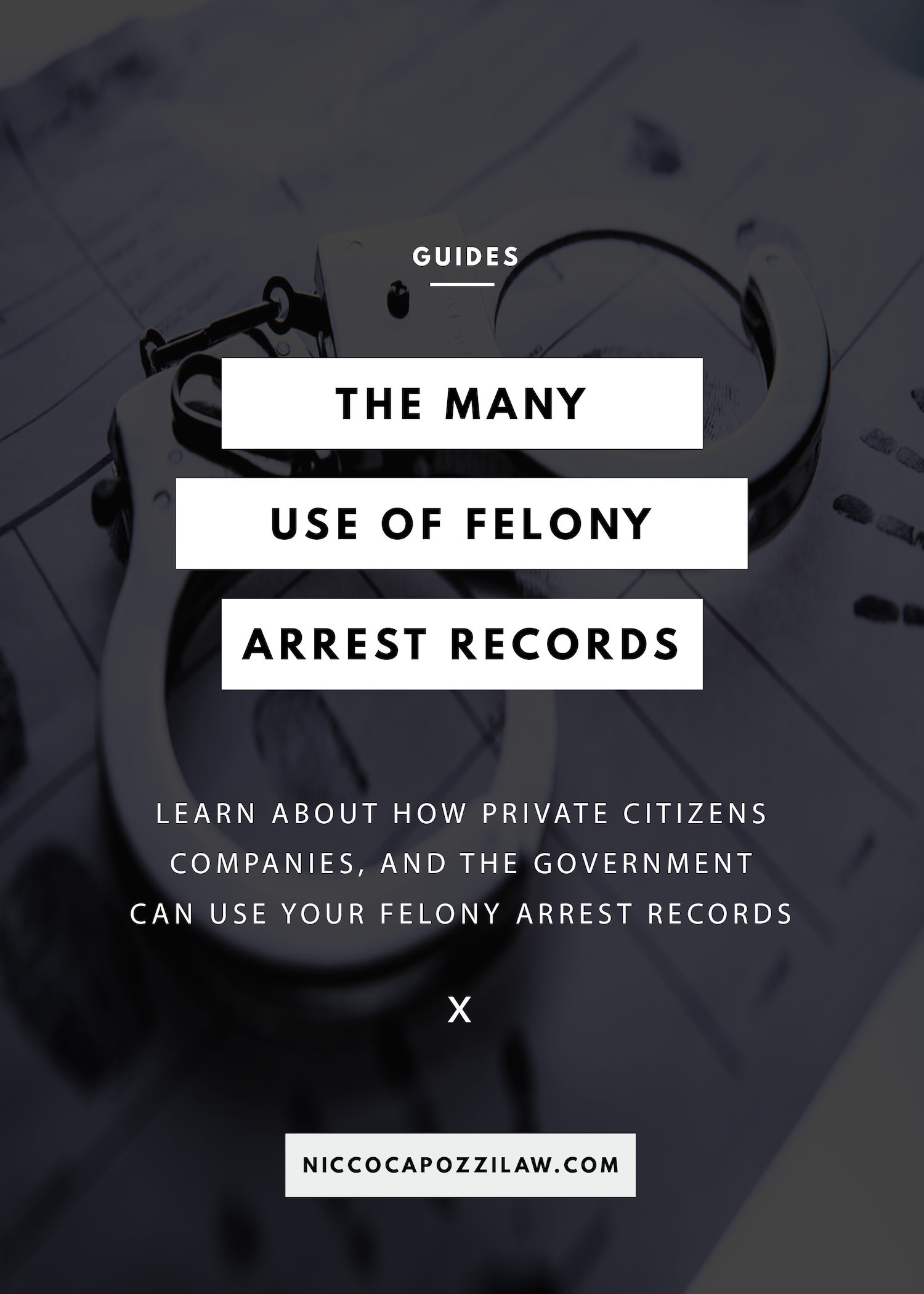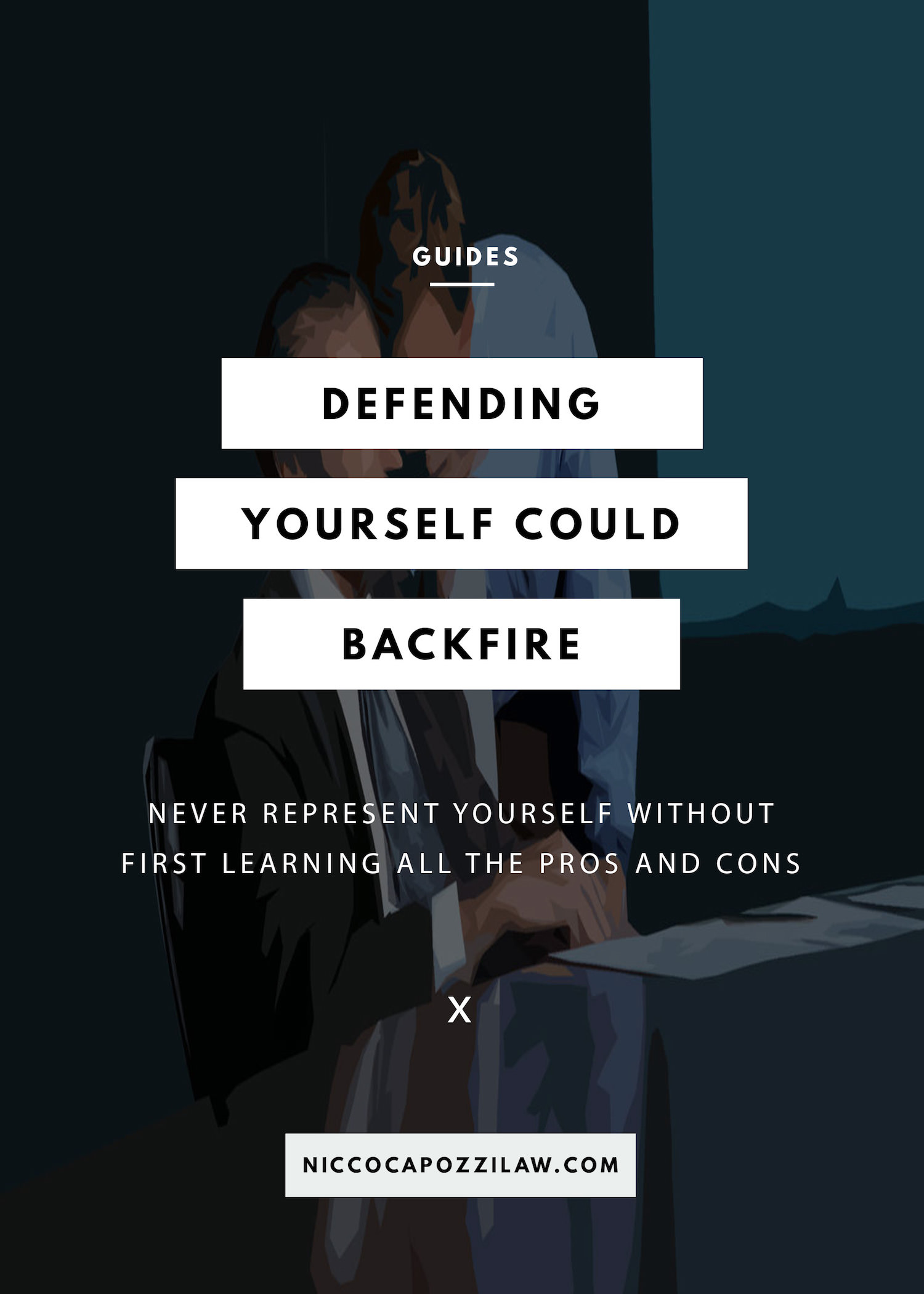When police are in a home due to consent, a warrant, or exigent circumstances, their actions are generally limited to the specific purpose for which they entered, and any searches not directly related to that purpose violate the Fourth Amendment. One exception is a protective sweep, which allows officers to check for additional people or immediately accessible weapons. However, as one federal court recently affirmed, officers may not automatically conduct a protective sweep in all circumstances.
Local police had gone to a New York City apartment on a complaint of a smell of marijuana coming from the apartment. When they arrived, the officers say that they obtained consent to enter from one of the occupants while the defendants maintained that the officers pushed their way in. The officers say that they then saw a man go into a back bedroom and shut the door -- a fact that is also disputed. It was largely on that basis that the officers conducted a protective sweep. During the sweep, the officers found drugs, guns, and counterfeit currency, and the evidence was later used as the basis of a federal indictment.
In ruling on a defense motion to suppress the evidence, the court said that protective sweeps are potentially permissible any time officers are present in a home. The court said that reasonableness under the Fourth Amendment is less tied to the initial reason for the officers' entry than it is to possible threats to officer safety, and that threats to officer safety are possible any time officers are inside an enclosed, unfamiliar location.
However, the court noted the hotly disputed facts in the present case, and found that the credible testimony only established that the officers thought there might be additional people with drugs. The court said that allowing a protective sweep under these circumstances would essentially remove any limits on protective sweeps. The court therefore found the sweep impermissible and granted the defense motion to suppress.
This case shows a continuing trend in most courts that officers are no longer merely taken at their word. Even a decade ago, a search might have been allowed solely based on an officer stating that they felt that there was a threat to officer safety without the facts being questioned as they were here. Today, courts are requiring officers to clearly state their articulable suspicion or probable cause, heavily questioning them to determine the veracity of each claim, and then carefully scrutinizing whether the facts the court believes constituted reasonable grounds for a search.
The consequences for this heightened scrutiny are clear. If a search is invalid, any evidence found during the search is inadmissible in court. Especially in drug or gun cases, this may result in the prosecution being unable to sustain the charges and the case being dismissed. Because protective sweeps by their nature occur when circumstances are uncertain, the reasonableness of police officers engaging in a protective sweep should be heavily challenged in almost any case where one occurred.
Source: US v. Fadul, S2 13 Cr. 143, (SDNY, Decided April 21, 2014)







